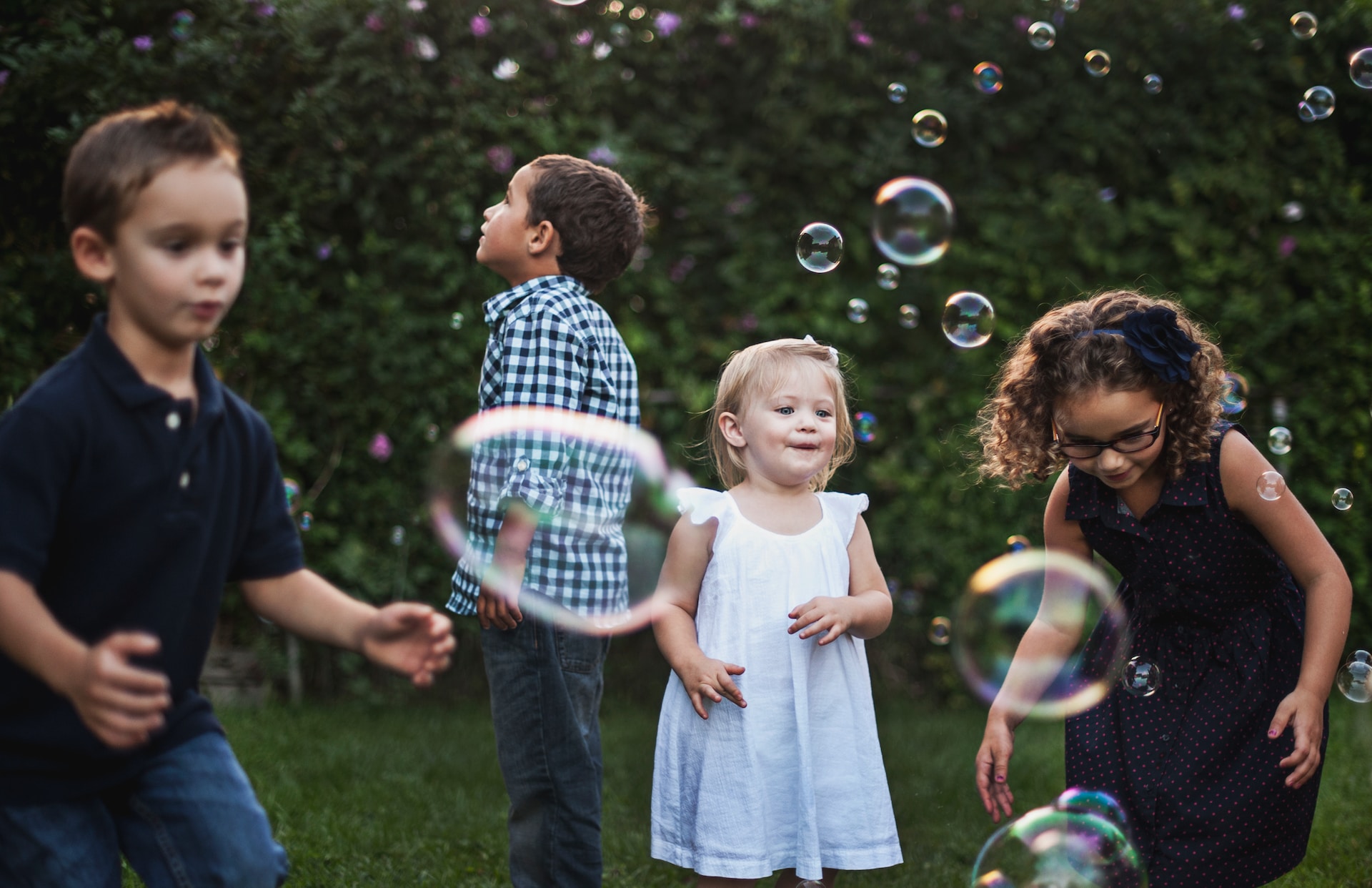Embracing Outdoor Play for Child Development and Its Benefits
Living in the digital age provides numerous advantages and privileges due to the accessibility of digital resources. However, as children are growing up surrounded by digital media and electronic entertainment, it becomes increasingly apparent that responsible management of this privilege is essential. With the rising accessibility of tech devices, the amount of time spent outdoors actively playing by school-age children and even toddlers has seen a significant decline. Although many parents acknowledge this concern and desire to encourage more outdoor activity, the demands of a busy household often place outdoor play on the back burner.
The importance of traditional outdoor play cannot be overstated, particularly during a child’s formative years. Engaging in outdoor activities offers children invaluable experiences that have a direct impact on their physical development, social skills, creativity, and intelligence.
The Significance of Outdoor Play for Healthy Childhood Development
Physical Advantages of Outdoor Play:
Exercise and Physical Health: Children who actively play outdoors are less likely to develop health issues related to weight, as outdoor spaces naturally facilitate the recommended daily hour of physical activity, fostering a positive association with exercise from an early age.
Enhanced Motor Skills: Outdoor activities contribute to the development of essential motor skills such as coordination, agility, balance, and dexterity. Exploring outdoor environments encourages children to continually develop new skills through trial and error.
Sunshine (Vitamin D): Regular exposure to sunlight, a natural outcome of outdoor play, is crucial for the production of vitamin D, which supports immune system development, robust bone and muscle growth, healthy sleep cycles, and mood stabilization.
Emotional Development:
Confidence and Independence: Outdoor play introduces children to new situations, encouraging them to take positive risks and try new things at their own pace, fostering stronger self-awareness and independence.
Appreciation of the Environment: Positive childhood experiences in outdoor spaces cultivate an appreciation for nature and the environment.
Intellectual Benefits:
Sensory Engagement: Outdoor play engages all five senses, strengthening children’s ability to process sensory stimulation and fostering familiarity with various sensory experiences.
Creative Thinking: The outdoor environment provides endless opportunities for children to use their imaginations, invent games, and act out pretend situations, promoting creative development.
Social Skills Development:
Relationship Building: Public outdoor spaces introduce children to new friends, promoting comfort in collaborative situations valuable throughout their lives.
Improved Communication Skills: Interacting with new friends in a positive outdoor space encourages healthy communication between peers, allowing children to independently cultivate relationships.
Encouraging Outdoor Play
After a challenging year, many children and adults eagerly anticipate embracing the outdoors this Spring. Encouraging outdoor play, whether for a two-year-old or a twelve-year-old, involves striking a balance between screen time and outdoor activities. Making outdoor play enjoyable, rather than punitive, can be achieved by incorporating digital devices into outdoor activities. For example, practicing a kid-friendly dance video from YouTube outside not only promotes active play but also sparks creativity and provides valuable family time.
Reducing overall screen time can be accomplished by transitioning typical indoor activities to the outdoors. Activities like snack time, barbecues, art projects, science experiments, or storytime can be equally enjoyable when done outdoors, encouraging children to set aside their screens and engage in active play.

